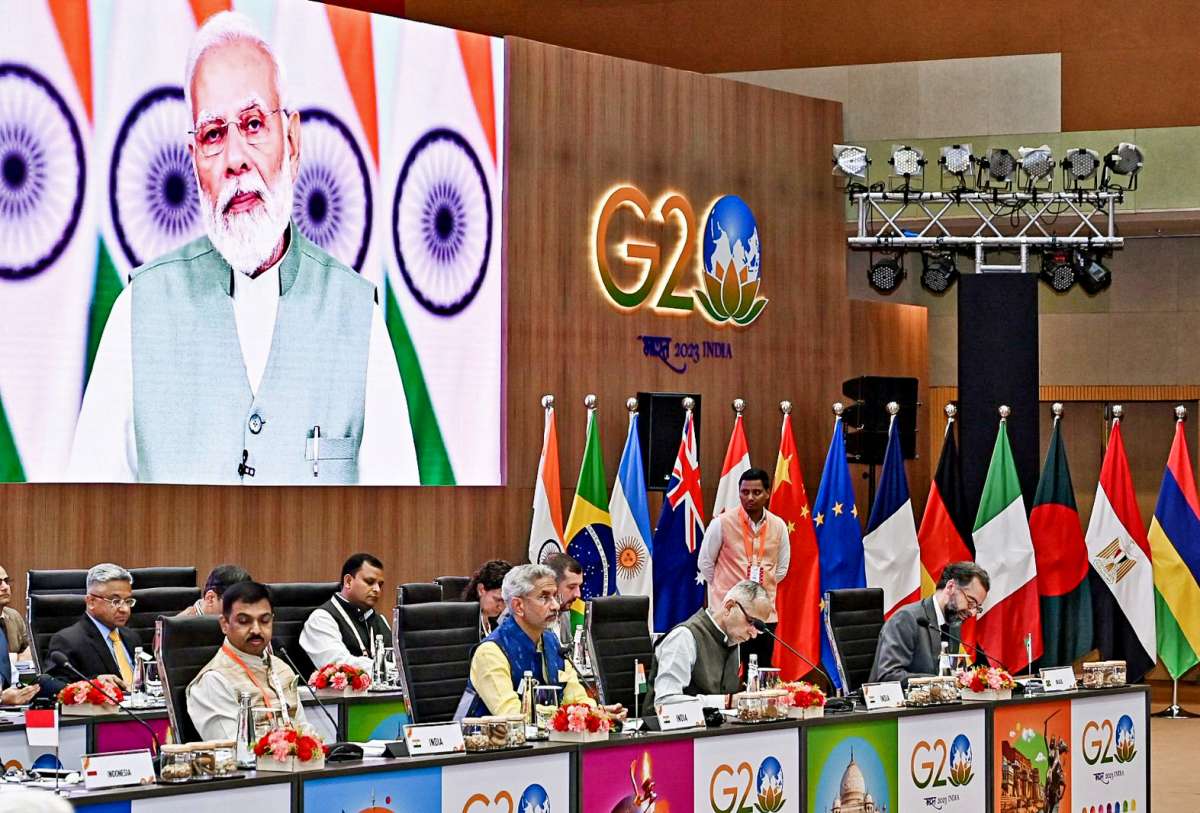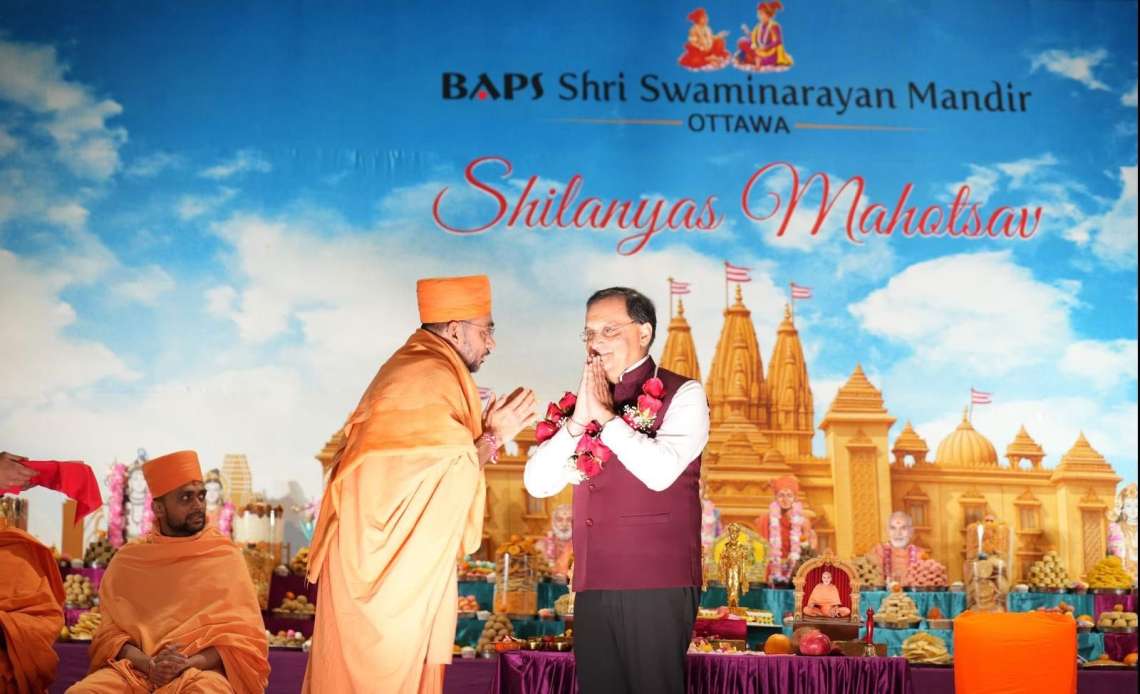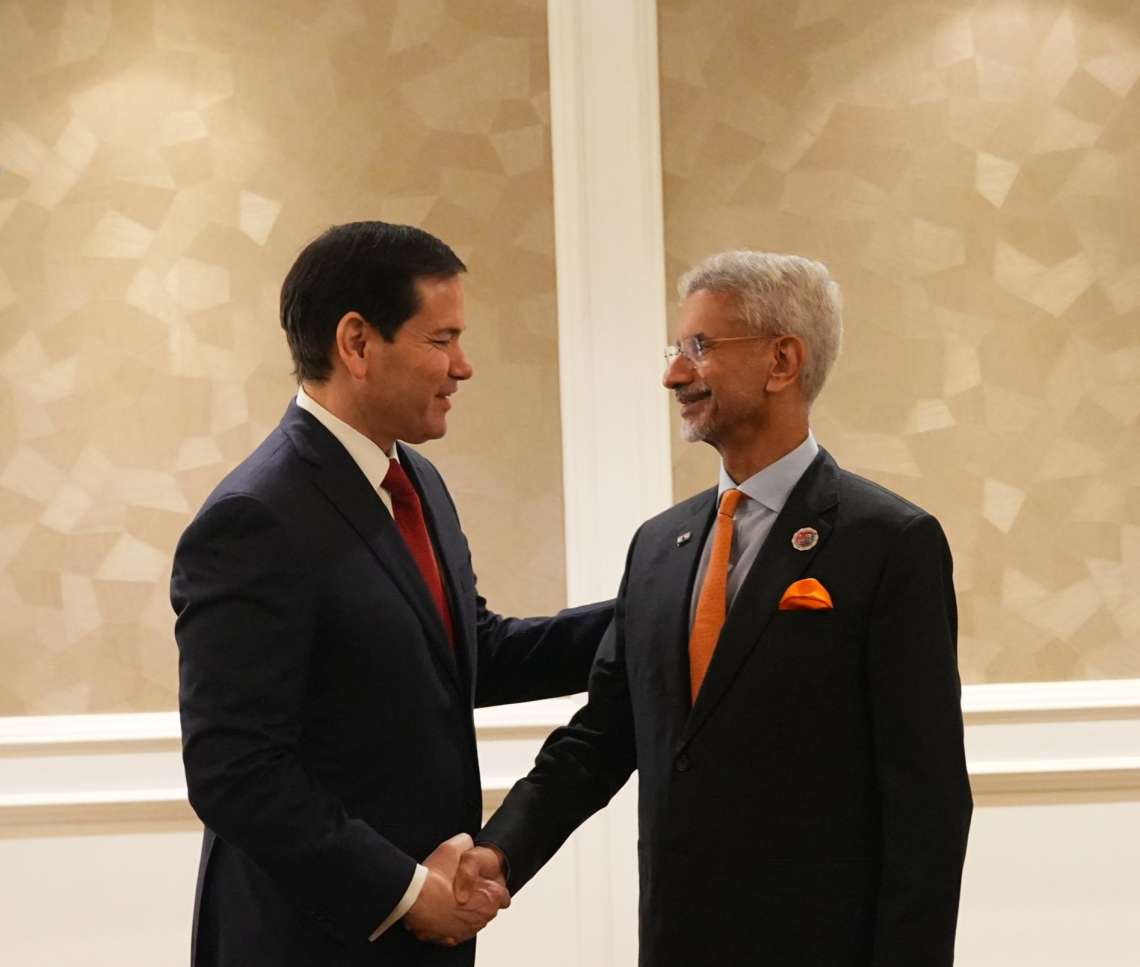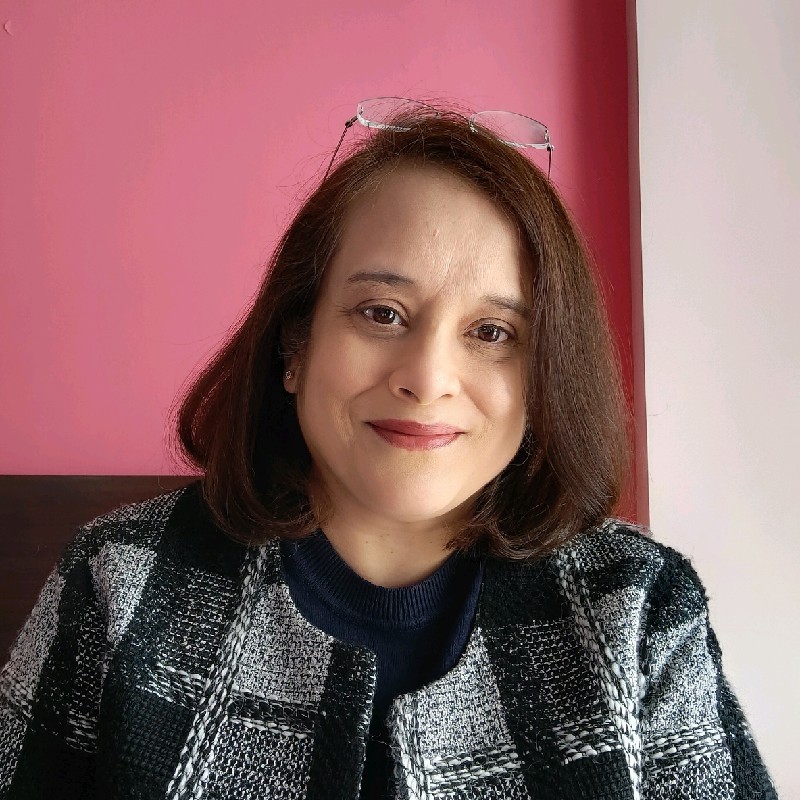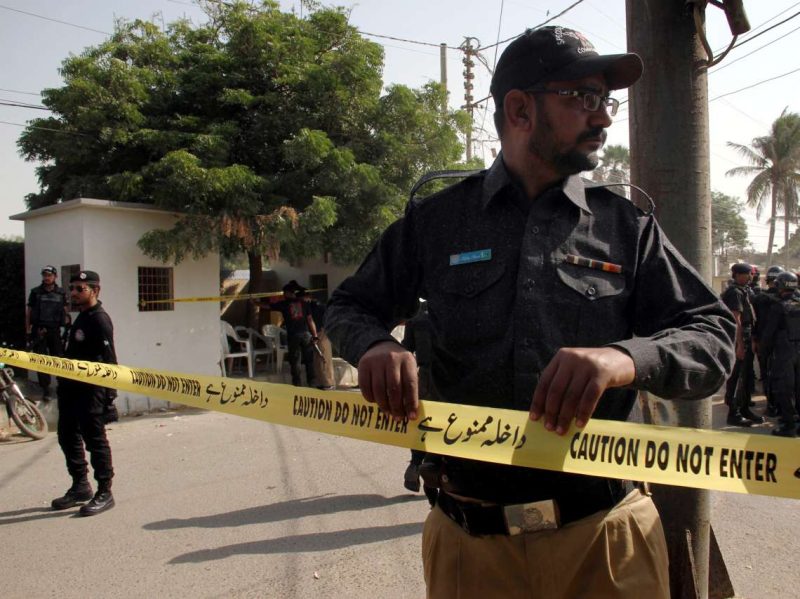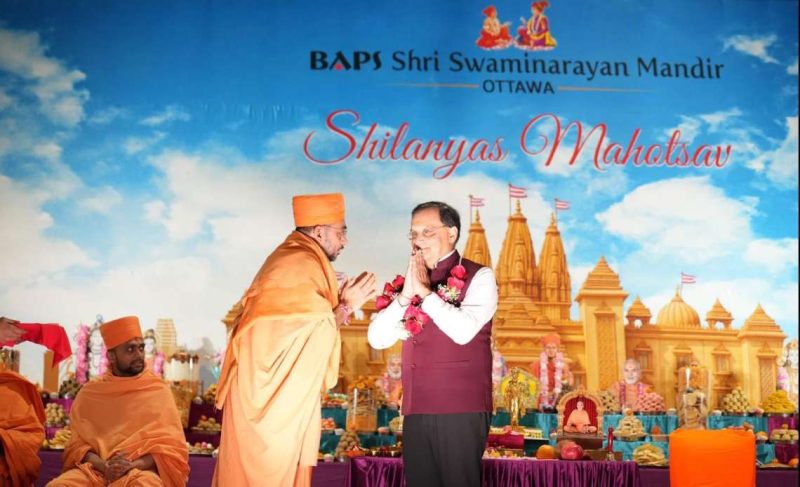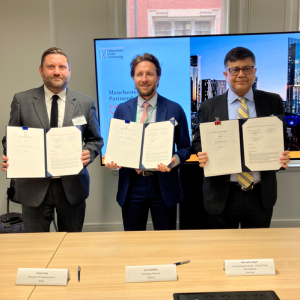New Delhi believes that the induction of the African Union as a member of the G20 can further encourage discussion and efforts to address the problems of the Global South….reports Asian Lite News
India is actively working towards assisting the African Union in becoming a part of the G20, the grouping of 20 major global economies. This endeavour is a significant goal during India’s presidency of the group this year, aiming to establish a lasting legacy.
“India is seeking for the African Union to join as a member of the G20 during our presidency,” India’s G20 Sherpa, Amitabh Kant, said at a press briefing.
The government of India believes that the induction of the African Union as a member of the G20 can further encourage discussion and efforts to address the problems of the Global South countries, Antara news agency reported.
The Global South is a term used for developing and less developed countries or low-income economies.
As the term suggests, the Global South includes countries whose economies are not yet fully developed and are facing challenges, such as low per capita income, excessive unemployment, and a lack of valuable capital — such as technology, Antara reported.
“Global South” refers broadly to the regions of Latin America, Asia, Africa, and Oceania.
According to director general of the Confederation of Indian Industry (CII), Chandrajit Banerjee, India, through its presidency of the G20 this year, wants to further voice the interests of the Global South countries.
“We want to be ‘the voice’ of the Global South, and we want to really focus and start from India and also make a strong commitment toward integrating with Africa,” he said.
For this reason, India is seeking to accelerate Africa’s integration into the global economy by making the African Union a member of the G20, he added.
He informed that one of these efforts will be carried out through the business sector task force formed by India as part of its G20 presidency, namely the B20 India Action Council for African economic integration.
According to the CII, a number of efforts will be made by India to support African economic integration, including promoting stronger human capital outcomes across health, education, and skill; transforming agriculture and food systems to sustainably improve productivity, food security, and nutritional levels; supporting trade to harness the potential of integration into regional and global value chains; and bridging the physical and digital connectivity gaps by supporting the provision of investment infrastructure.
The CII, as the B20 Secretariat, is supporting the organisation of various B20 India meetings under the grand theme RAISE, which stands for “Responsible, Accelerated, Innovative, Sustainable, and Equitable” businesses.
Business 20 (B20) is the official G20 dialogue forum for the global business community.
Earlier, Prime Minister Narendra Modi had written to G20 counterparts to provide African Union with full membership at the upcoming G20 Summit in the national capital, New Delhi.
Prime Minister Modi firmly advocates and supports the Africa cause and has led from the front in this matter. This will be the right step towards a just, fair, more inclusive and representative global architecture and governance sources added.
Prime Minister Modi is also a strong believer in holding a greater voice of the Global South countries on international platforms, particularly of African countries, noted the sources.
As part of India’s G20 Presidency, he has particularly focused on incorporating priorities of the African countries in the G20 agenda, they added.
Earlier, while addressing the 18th CII-EXIM Bank Conclave in Delhi, External Affairs Minister S Jaishankar said Africa occupies an important place in India’s Foreign Policy and during the last nine years, this has been consciously stepped up under the direction of PM Modi, External Affairs Minister S Jaishankar said on Wednesday in the national capital.
The minister added that India’s engagement with Africa has been strengthened under the guidance of Prime Minister Modi. (with inputs from agencies)


